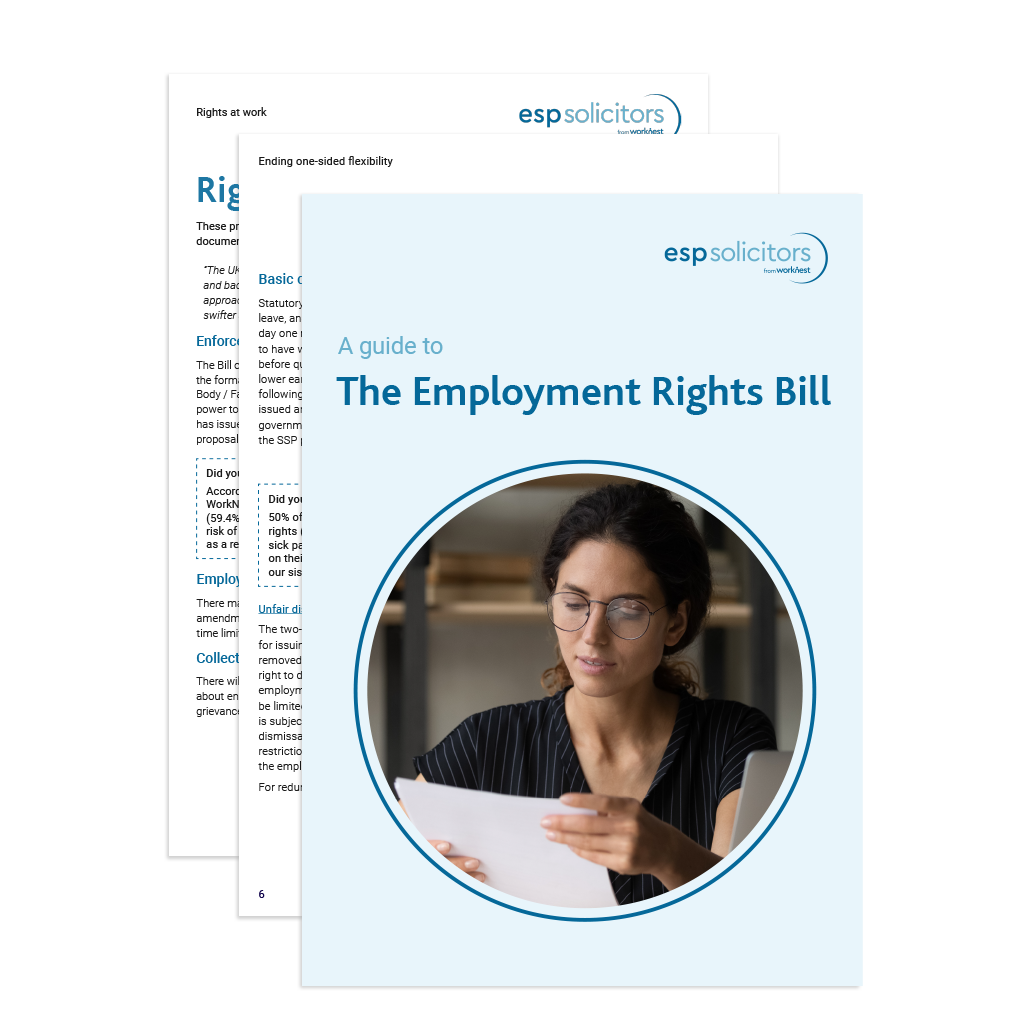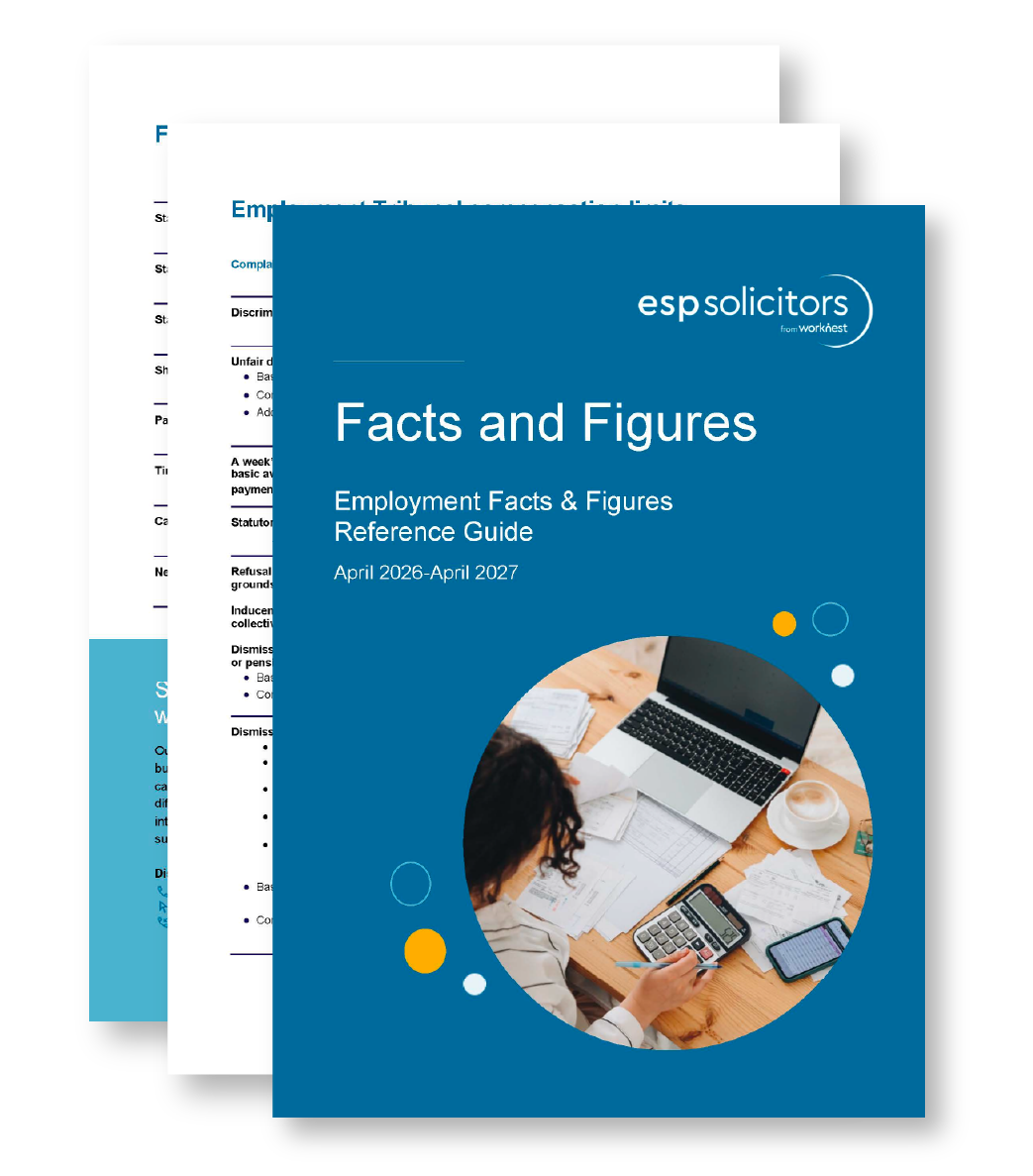The Government has published its latest Statement of Changes to the Immigration Rules, introducing significant amendments that will affect many UK employers who rely on overseas recruitment. These are the first major updates flowing from the Immigration White Paper published earlier this year and bring with them changes to:
- The minimum skill level for sponsorship
- Salary thresholds across the Skilled Worker route
- The closure of overseas recruitment for care workers
- Eligible occupations for new Skilled Worker visa applicants.
1. Minimum skill level for Skilled Worker visas increasing
From 22 July 2025, only occupations that are at Regulated Qualifications Framework (RQF) Level 6 or above will be eligible for sponsorship under the Skilled Worker visa route. This change will remove over 100 roles from being eligible.
What happens to current visa holders in lower-skilled roles?
If you currently sponsor employees in occupations below the new required skill level, transitional arrangements will apply. These individuals will continue be able to renew their visa, change employer, and remain within roles below RQF level 6. This offers some reassurance to employers who already have sponsored workers in place.
2. Skilled Worker visa salary thresholds rising
Salary requirements for skilled roles are also increasing, in line with the latest Annual Survey of Hours and Earnings (ASHE) data. From July 2025, the following updated salary requirements will apply:
- General salary threshold: rising from £38,700 to £41,700
- Threshold where the applicant has a relevant PhD: from £34,830 to £37,500
- New entrants, applicants with relevant STEM PhDs or Immigration Salary List roles: from £30,960 to £33,400
Note: Transitional thresholds will still apply for individuals sponsored prior to 4 April 2024.
3. A new Temporary Shortage List
Although the required skill level is going up, some lower-skilled roles may temporarily remain eligible for sponsorship under two key lists:
- The Immigration Salary List, which is being expanded to include RQF Level 3–5 occupations identified by the Migration Advisory Committee (MAC) as being in shortage, and
- A new Temporary Shortage List, for roles deemed important for the government’s “UK’s Modern Industrial Strategy”.
However, both lists will be kept under review and roles are set to be removed by 31 December 2026 (with the exception of care roles which are to be removed later, on 22 July 2028).
A key difference for roles on these lists is that applicants in roles at RQF levels 3-5 will not be allowed to bring dependants.
4. Sponsorship route closing for care workers
From 22 July 2025, employers will no longer be able to sponsor new overseas care workers under the Skilled Worker visa.
This decision reflects long-standing concerns around the use of sponsorship in these sectors.
What about existing care workers?
Individuals already in the UK who are already sponsored as care workers, or have been employed by their sponsor for at least three months before their Certificate of Sponsorship (CoS) is assigned can still apply to:
- extend their stay,
- change employer, or
- switch to the skilled worker visa.
These transitional arrangements will remain in place until 22 July 2028, after which these roles will be removed from the Immigration Salary List or Temporary Shortage Occupation List.
Other important points are more positive for the sector; the requirement for care employers in England to try and recruit from the displaced workers pool is being removed and there is to be no increase to the threshold or going rates for care worker roles.
What this means for employers
These Skilled Worker visa reforms will have a wide-reaching impact across multiple sectors. If your organisation relies on sponsored workers – particularly in roles below RQF Level 6 or within health and social care – it’s essential to review your current sponsorship arrangements and future workforce planning now.
We recommend employers:
- Audit their current sponsored workforce
- Identify roles at risk under the new rules
- Consider options to retain existing employees before the July 2025 deadline
Need tailored advice?
If you have concerns about how these immigration rule changes affect your organisation – or if you need help navigating sponsorship compliance – our team of experts is here to support you.
Get in touch to speak to an employment law and immigration specialist.




